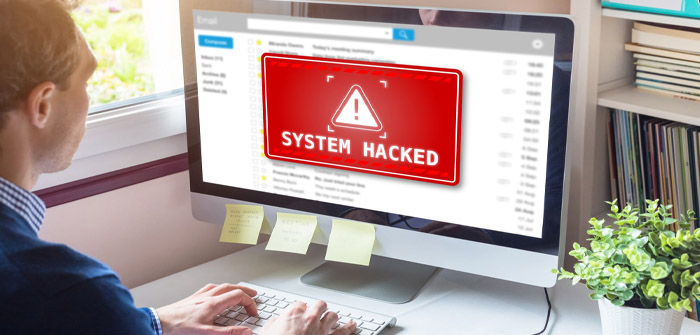Business data, networks, hardware, and systems are usually vulnerable to external and internal threats. In most cases, the latter may be overlooked, but it’s also something to worry about. Internal security threats can be just as catastrophic as external ones.
For instance, a data breach caused by a former or current employee’s malicious or negligent act could ruin your reputation and brand image. Besides that, it could also negatively impact customers’ confidence in your business. Moreover, damage or theft of hardware could cause you financial loss.
Therefore, it’s also best to protect your company from internal threats. Here are some measures you could take:
- Outsource Your Cybersecurity Services
Outsourcing your cybersecurity means hiring an external information technology (IT) company to handle this service for you. Usually, the firm will help detect, monitor, identify, address, and respond to external or internal threats on your behalf. Moreover, they can train your employees on the existing or emerging security risks or system vulnerabilities that hackers may exploit. In case of an attack, they’ll help you resolve the issue and recover from any losses.
Outsourcing your cybersecurity services gives you access to skilled experts who are well-trained to protect your data, systems, networks, and hardware. If you’d like to find the best IT support in Chicago or any other area, conduct thorough research online or ask a friend to recommend a reliable company.
- Limit Access To Data And Hardware
Many employees may cause an internal attack negligently. However, some may intentionally steal data, destroy equipment, delete files, or sell confidential information to competitors. It would be best also to protect your business against such malicious individuals.
One way to do so is by limiting employee access to company hardware and information. It means that all staff members should only have to achieved what they need. Start by allowing access to sensitive areas like the server room or manager’s office to authorized persons only. You can install a surveillance system in the company to monitor movement in such places.
If you have a file-sharing network, you can protect data by ensuring you know what documents are available and who has access to them. Also, restrict and monitor permissions. This way, it may be easier to identify who opened what document in case of a data breach. Besides that, ensure you back up all information in the network and other hardware in the company. It will help you recover deleted or corrupted data in case of an attack.
- Train Your Employees On Cybersecurity
Staff negligence may be one of the main reasons why some companies experience data breaches. A worker could unintentionally download a file infected with viruses or become a victim of a phishing email. Usually, hackers exploit unsuspecting staff to access sensitive company data. Therefore, you must educate your employees on effective cybersecurity measures.
Train your staff on the importance of using strong passwords, identifying phishing attacks, and emphasize their responsibility to protect your business’ data. Besides that, discourage from opening suspicious emails and links.
Ensure the security training sessions are held regularly, so your staff is always alert. You can also invite experts to train them. It will ensure they’re aware of any emerging threats or tactics that hackers can use to cause an attack that could lead to an internal data breach.
- Be Cautious In The Hiring And Termination Process
It would also help to be cautious when hiring or letting go of staff. Conduct a thorough background check before allowing anyone into your company. Don’t only rely on the candidate’s referees. Call their previous employer and learn why they left their last position and if they’re trustworthy. You could also hire a reputable agency to conduct the background check.
When terminating an employee, prioritize security as well. Some people might not like being let go and could retaliate by stealing or destroying hardware or deleting or corrupting data. Ensure you have an effective termination policy in place to prevent such actions. For instance, if you terminate a worker, have the human resources department restrict their access to the firm’s network, emails, computers, and servers.
Conclusion
As you prioritize data, network, and hardware security from external threats, don’t forget that an inside attack is also possible. This article has taught you four ways to protect your business from internal security threats. As you’ve learned, you should limit access to data and hardware, train your employees on cybersecurity, and be cautious when hiring or terminating staff. You could also outsource your cybersecurity services.





